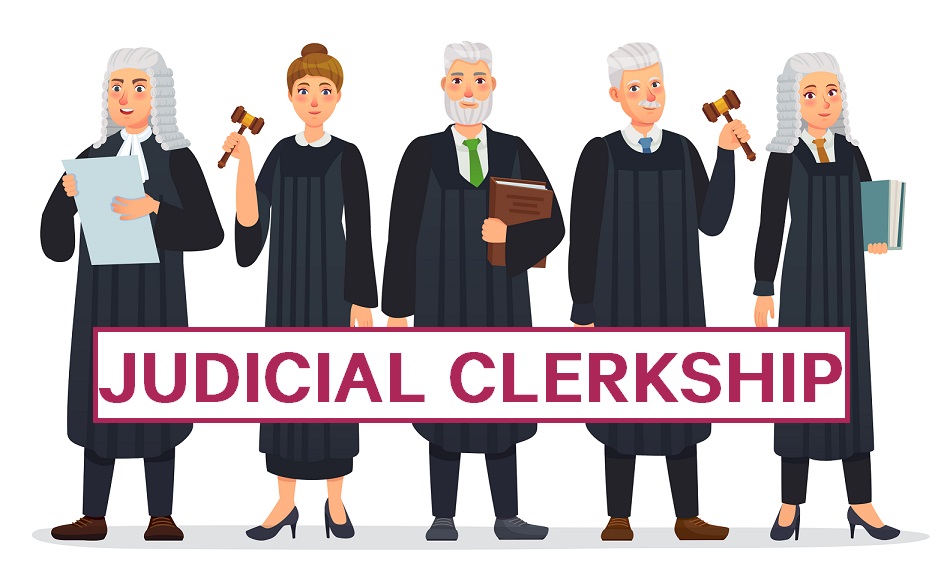In Chadbourne & Parke LLP v. Troice et al., the U.S. Supreme Court has held that investors in Stanford’s Ponzi scheme are not barred by the SLUSA from suing Chadbourne & Parke and Proskeur Rose, as the investors did not purchase covered securities, but purchased uncovered securities.
In the instant case, investors had initially brought four class actions under state law against the two law firms alleging they had negligently employed lawyer Thomas Sjoblom, who helped delay a Securities and Exchange Commission investigation into Stanford’s conduct. Further, the plaintiffs alleged the defendants had helped Allen Stanford and his companies perpetrate the Ponzi scheme by falsely representing that uncovered securities the plaintiffs were purchasing were backed by covered securities.
The District court dismissed each civil class action under the federal Securities Litigation Uniform Standards Act of 1998 (Litigation Act) holding that there was sufficient reason to bar the suits under provisions that forbid large securities class actions “based upon the statutory or common law of any State” in which the plaintiffs allege “a misrepresentation or omission of a material fact in connection with the purchase of sale of a covered security.”
On appeal, the Fifth Circuit reversed the lower court’s decision holding the falsehoods involved in the matter were too tangentially related to the fraud to trigger the Litigation Act.
On further appeal, this week, the U.S. Supreme Court held that the “Litigation Act does not preclude the plaintiff’s state-law class actions.”
In its opinion, the court observed, “The basic purpose of the 1934 and 1933 regulatory statutes is to protect investor confidence in the securities markets. Nothing in those statutes, or in the Litigation Act, suggests their object is to protect persons whose connection with the statutorily defined securities is more remote than buying or selling.”
The Supreme Court also refused to accept the law firms were protected even though their connection to the sales and purchases of the securities were remote observing, “a broader interpretation of the necessary statutory ‘connection’ would interfere with state efforts to provide remedies for victims of of ordinary state-law frauds, despite the fact that the Litigation Act purposefully seeks to avoid such results by maintaining State’s legal authority over matters that are primarily of state concern.”










































